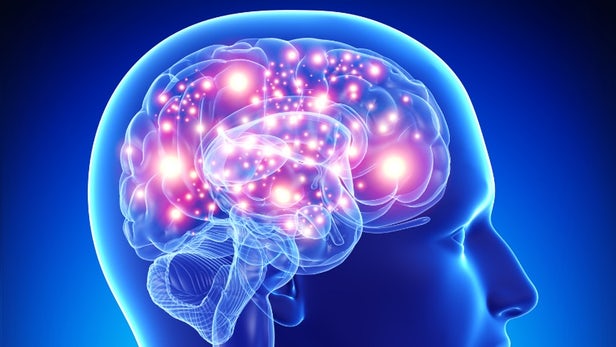Alzheimer’s disease is a progressive neurological disorder causing significant impairment in daily functioning, particularly in the elderly. Early detection and diagnosis are crucial for managing its symptoms and potentially slowing its progression. With advancements in medical research, it’s becoming clearer how early interventions can lead to better outcomes. Keep reading to understand how identifying this condition promptly can make a significant difference.
Understanding Alzheimer’s Disease and Its Impact on Health
Alzheimer’s disease is not a normal part of aging, but a condition that leads to memory loss and cognitive decline. It mainly affects individuals in their mid-60s and beyond, though early-onset Alzheimer’s can impact people as young as in their 40s and 50s. The disease gradually impairs the ability to carry out simple tasks and leaves individuals dependent on others for care.
The impact on health goes beyond forgetfulness, affecting language skills, thought processes, and even personality and behavior. As neurons deteriorate and brain tissue is lost, individuals face challenges that hinder their daily lives and cause emotional distress. Over time, these changes exacerbate, leading to severe memory impairment and physical incapacity.
Recognizing the first signs of Alzheimer’s is crucial, as symptoms are often dismissed as aging-related. However, memory loss that disrupts daily life, difficulty completing familiar tasks, and confusion with time or places signal the need for a thorough evaluation. Understanding these symptoms is the first step to seeking early intervention.
Cognitive Screening Tests: Tools for Identifying Alzheimer’s Early
Cognitive screening tests are valuable tools for identifying Alzheimer’s in its early stages. These assessments are designed to evaluate memory, language skills, problem-solving ability, and other cognitive functions. While not definitive, such tests can indicate when more in-depth evaluation is necessary.
Primary care physicians often perform brief cognitive assessments during routine check-ups, especially if risk factors for Alzheimer’s are present. These tests are quick, noninvasive, and can signal the need for a referral to a neurologist or geriatrician for comprehensive testing. Early concerns can thus be addressed promptly and accurately.
Refined diagnostic procedures, including imaging technologies like MRI and PET scans and advancements in biomarker research, have improved the precision of Alzheimer’s diagnosis. However, these advanced diagnostics typically follow initial cognitive screenings, highlighting the significance of these basic tests in the overall diagnostic process.
How Early Diagnosis of Alzheimer’s Can Influence Treatment Options
An early diagnosis of Alzheimer’s opens the door to treatment options that may be more effective when started early in the disease’s progression. Medications can help manage symptoms like memory decline, disorientation, and challenges in thinking and reasoning. These treatments can improve quality of life and independence in the early stages.
Lifestyle interventions, such as exercise and diet modifications, have shown promise in potentially slowing cognitive decline. With an early diagnosis, individuals can implement these changes when they are most likely to benefit from them. Additionally, social engagement and mental stimulation are encouraged to support cognitive health.
Support networks, both for the person with Alzheimer’s and their caregivers, become more accessible with early diagnosis. Support groups, educational resources, and respite care services can be invaluable to those adapting to the realities of the disease. These resources also provide emotional and social support that can significantly impact well-being.
Supporting Loved Ones: The Value of Early Intervention in Alzheimer’s Care
Early intervention can profoundly influence the support given to loved ones affected by Alzheimer’s. By recognizing the signs of Alzheimer’s early, families can access resources and create supportive environments tailored to their needs. Early intervention allows for the adaptation of homes and routines to provide safety and comfort.
Education is fundamental when it comes to supporting a family member with Alzheimer’s. Early diagnosis gives families time to learn about the disease’s progression, what to expect, and how to communicate effectively with their loved ones. Being proactive in understanding Alzheimer’s can reduce frustration and make care more manageable.
Overall, the importance of an early diagnosis of Alzheimer’s disease cannot be overstated. It holds the key to proactive management, improved treatment efficacy, and the overall well-being of both the individual affected and their caregivers. Embracing early detection strategies and reinforcing the support network can alter the course of Alzheimer’s, allowing for grace and dignity throughout the progression of this challenging disease.













